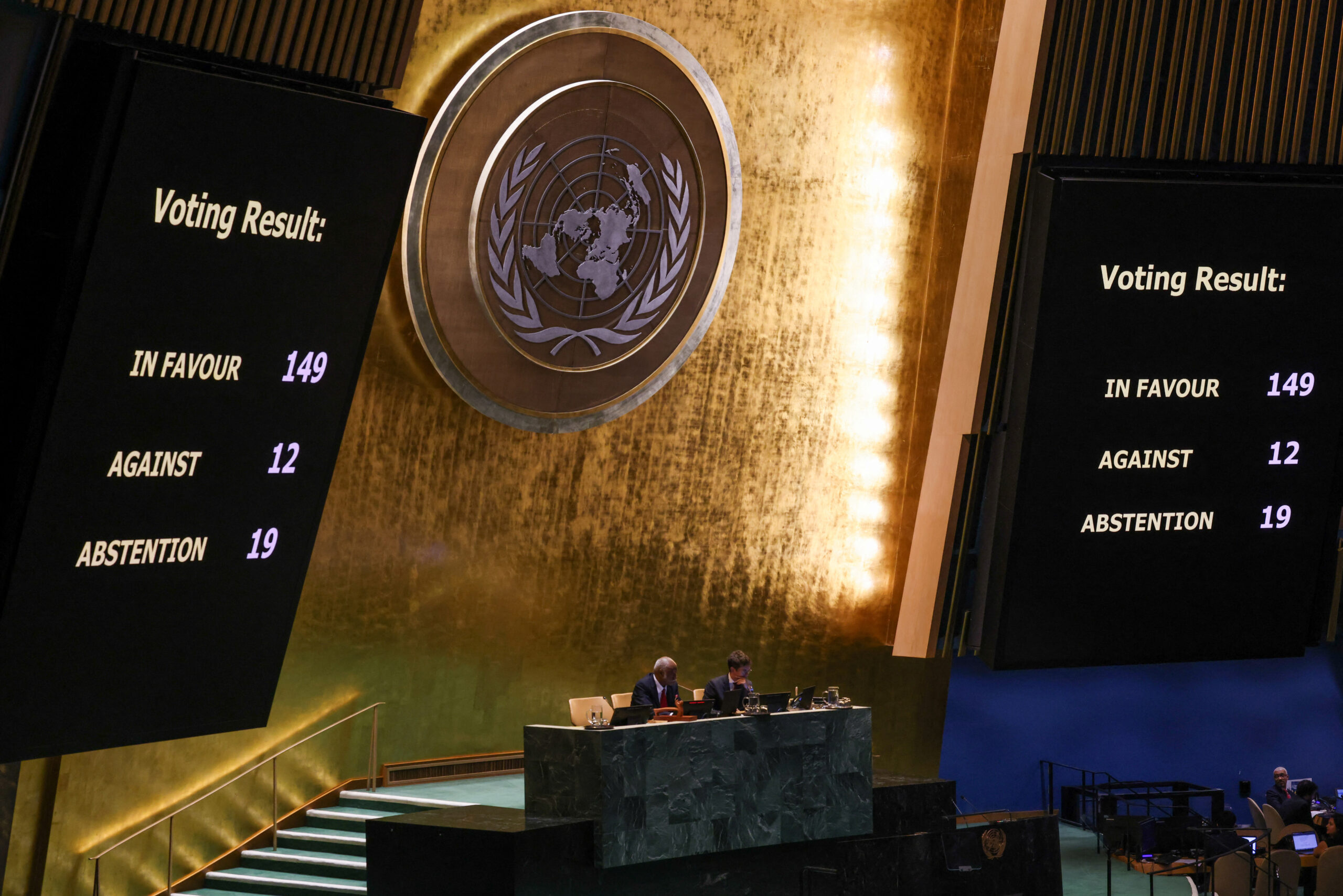
Introduction
The role of Hamas, a Palestinian Islamic organisation, has been a significant and contentious issue in Middle Eastern politics for decades. Established in 1987 during the First Intifada, Hamas has been involved in both governance and militant activities, shaping the geopolitical landscape of the region. Given the recent escalations in conflict between Israel and Palestinian factions, understanding Hamas’s actions and motives is crucial for comprehending larger conflicts in the Middle East and their implications for global security.
The Current Situation
As of late 2023, tensions have surged once more between Hamas and Israel, particularly after a series of rocket attacks from Gaza into southern Israel, which were reportedly retaliated against with airstrikes. Analysts attribute these hostilities to long-standing issues related to blockades, settlement expansions, and a lack of a viable peace process. In October, the situation escalated when Hamas launched an unprecedented assault on Israeli communities, leading to a swift and severe military response from Israel, reigniting debates surrounding military engagement and civilian protection.
Since this conflict re-escalated, both sides have suffered significant casualties, leading to widespread condemnation and calls for both ceasefires and humanitarian aid for the beleaguered residents of Gaza, who face dire living conditions exacerbated by the ongoing conflict and blockade.
Global Reactions
The international community has responded with varying degrees of support and condemnation, reflecting diverse geopolitical interests. Countries in the Middle East have predominantly condemned Israeli actions, while Western nations, including the United States, have expressed support for Israel’s right to defend itself. This disparity underscores not only the complexity of the Israeli-Palestinian conflict but also the broader implications for global diplomatic relations.
Conclusion
Understanding Hamas’s role in these ongoing events is pivotal for predicting future conflicts and peace initiatives in the region. As long as underlying issues remain unaddressed, including statehood aspirations for Palestinians and recognition of security for Israel, the cycle of violence is likely to continue. Moving forward, it’s critical for the global community to engage in constructive dialogue aimed at addressing root causes rather than merely responding to manifestations of violence. This will not only affect the immediate region but also influence global security dynamics as countries worldwide grapple with the repercussions of Middle Eastern conflicts.
You may also like

Qatar’s Growing Influence in Global Affairs

Boris Johnson: A Look at His Current Political Landscape
